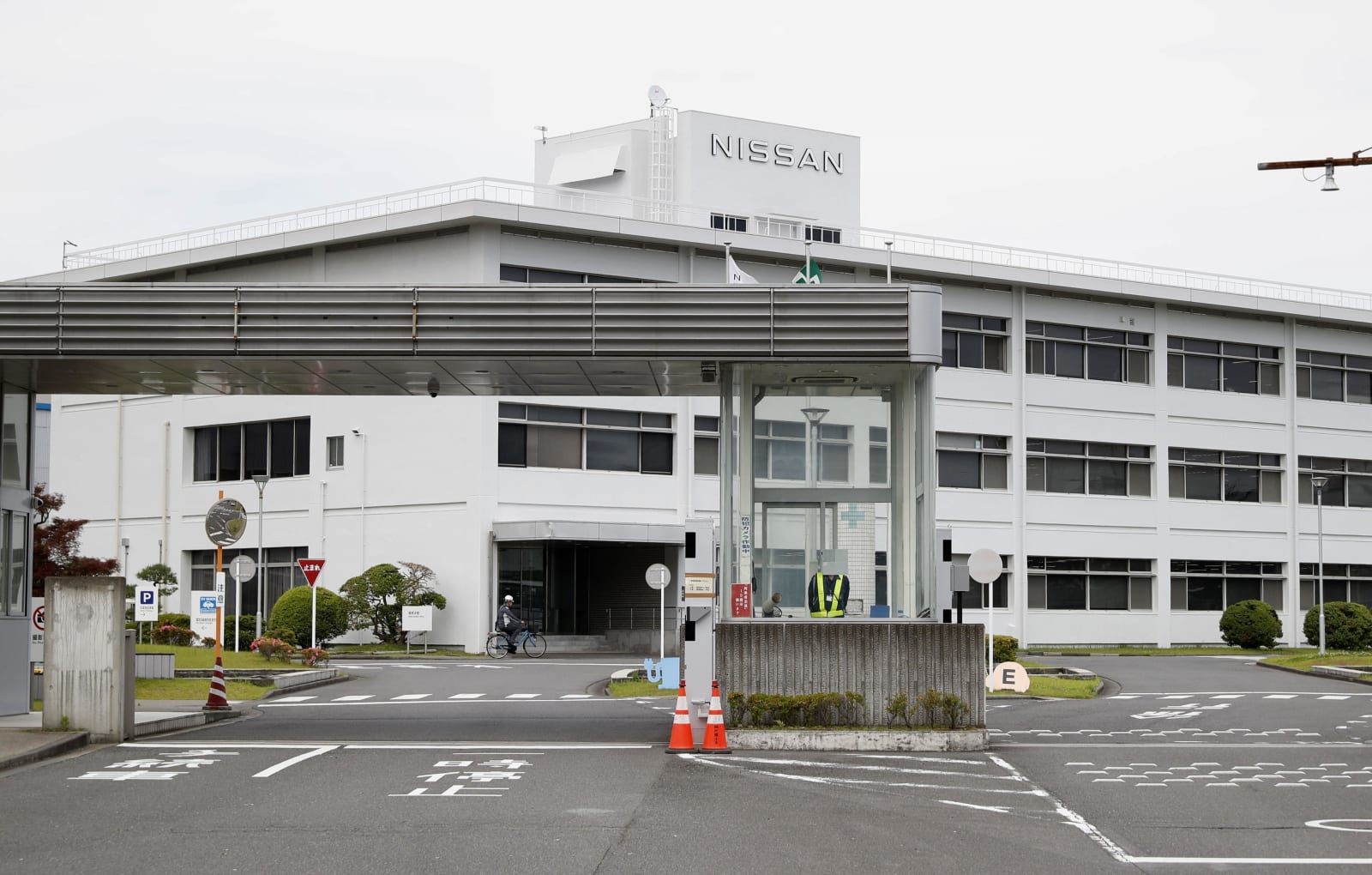Foxconn Explores Potential Acquisition of Nissan Plant in Japan
Taiwan’s leading electronics manufacturer, Foxconn, is reportedly considering the purchase of a portion of a factory owned by Nissan Motor Co. This potential move aims to support the production of electric vehicles (EVs), according to a source with knowledge of the matter. The company is also looking into the possibility of jointly operating Nissan’s well-known Oppama plant located in Yokosuka, Kanagawa Prefecture, near Tokyo.
The Oppama plant has been identified as one of seven facilities that Nissan plans to close as part of its ongoing restructuring efforts. If the deal proceeds, it would mark a significant expansion for Foxconn in the Japanese market and could provide a much-needed boost to the company’s broader strategy to diversify its business operations.
However, the proposed acquisition comes with several challenges. One key issue is that Foxconn, formally known as Hon Hai Precision Industry Co., would need to establish its own supply chain for EV components. This could be a complex process, especially given the company’s current reliance on existing networks for other automakers. Additionally, manufacturing EVs at a Nissan plant may create competition between Foxconn and Nissan itself, which could complicate the partnership.
Another concern is the financial viability of keeping the Oppama plant operational. Major cost-cutting measures are essential if Nissan decides to retain the facility, but there are doubts about whether these measures will be sufficient. Seiji Sugiura, a senior analyst at Tokai Tokyo Intelligence Laboratory Co., commented that if Nissan chooses to keep the plant open due to local opposition, it would reflect weak decision-making and an inability to make tough job cuts.
Currently, the Oppama plant is used exclusively by Nissan to produce its flagship Note compact car. The joint operation of the factory could significantly improve its utilization rate, potentially reaching around 40 percent in 2024. This would help maintain the jobs of approximately 3,900 employees who were employed at the site as of October 2024.
Nissan announced earlier this year that it would close seven vehicle plants and cut 20,000 jobs globally after reporting a net loss of 670.90 billion yen ($4.6 billion) in fiscal 2024. The company is under pressure to streamline its operations and regain profitability, making the potential collaboration with Foxconn a strategic move worth exploring.
If successful, the partnership could serve as a model for future collaborations between automotive and technology companies. It could also signal a shift in how EV production is managed, with tech firms playing a more active role in the manufacturing process. However, the success of such a venture will depend on overcoming the numerous logistical, financial, and competitive hurdles involved.
Foxconn’s interest in the Japanese market reflects a broader trend of global tech companies seeking new opportunities in emerging sectors like electric mobility. As the automotive industry continues to evolve, partnerships between traditional automakers and tech firms are likely to become more common. Whether this particular deal moves forward remains to be seen, but it highlights the growing importance of cross-industry collaboration in shaping the future of transportation.






